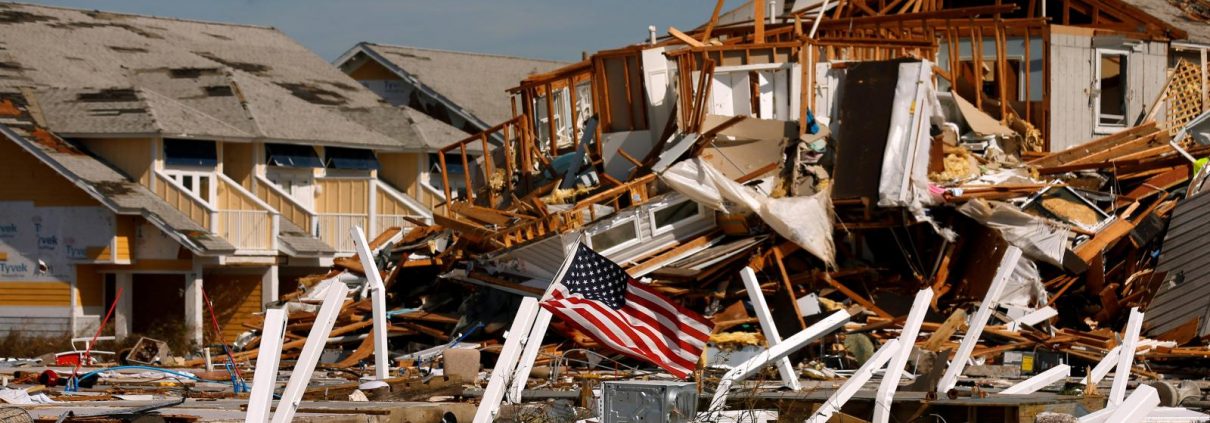Quartz: Climate change is becoming so real that it’s gaining converts for a carbon price
By any standard, this has been a remarkable week for conversations about climate change. It started with a grim report from the International Panel on Climate Change, which warned that anything short of dramatic action could cause irreversible harm to the planet, lead to food shortages, and cost the world economy tens of trillions of dollars in damages in as few as 20 years.
Then, the Nobel Prize in economics was awarded to William Nordhaus and Paul Romer for explaining how climate change and technological progress impact long-term economic growth. And the week comes to a close as two deadly storms—Hurricane Michael in the southeast US and Cyclone Titli in eastern India—continue to cause widespread devastation. These extreme weather events are tell-tale signals of global warming.
Part of the solution to climate change, as Nordhaus’s work has shown, is to levy a universal carbon tax. This would punish carbon emitters and incentivize the development of greener technologies. While more work needs to be done to further integrate climate change into economic models, many leading economists agree that a global price on carbon is the way forward.
The trouble is that politics gets in the way. In the US, the Trump administration is determined to roll back environmental standards and play fiddle with the Paris climate agreement. Sadly, even countries that agree on the need for strong climate action are not doing enough. Of the countries that put a price on carbon, most don’t have a tax high enough to meet climate targets, according to a report published last month by the OECD.
For the full article click here.



